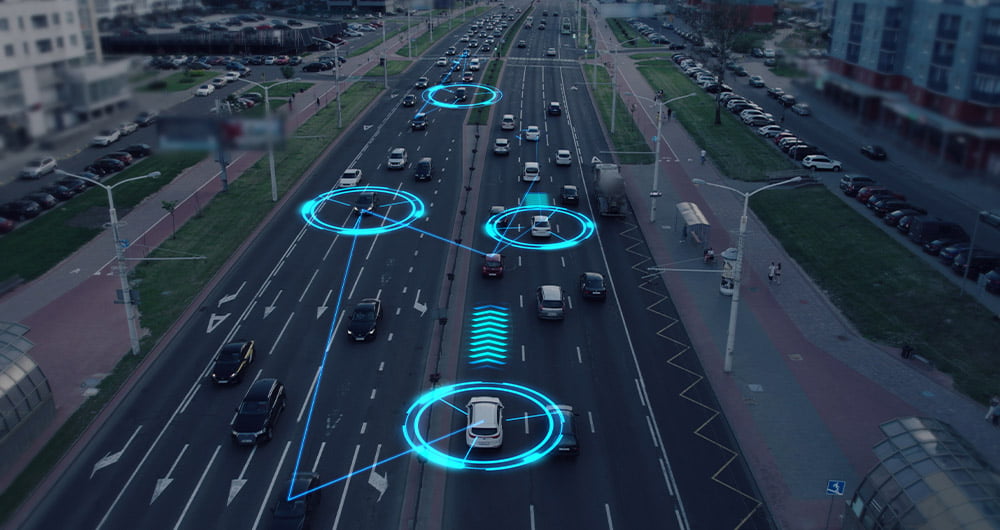31 posts found
The role of data in driving autonomous vehicles
Just a few days ago, the Directorate General of Traffic published the new Framework Programme for the Testing of Automated Vehicles which, among other measures, contemplates "the mandatory delivery of reports, both periodic and final and in the event of incidents, which will allow the DGT to assess…
Training in artificial intelligence: a strategic necessity and a legal obligation
The Work Trends 2024 Index on the State of Artificial Intelligence in the Workplace and reports from T-Systems and InfoJobs indicate that 78% of workers in Spain use their own AI tools in the workplace. This figure rises to 80% in medium-sized companies. In addition, 1 in 3 workers (32%) use A…
Digital rights: principles, initiatives and challenges in the digital age
We live in an increasingly digitalised world where we work, study, inform ourselves and socialise through technologies. In this world, where technology and connectivity have become fundamental pillars of society, digital rights emerge as an essential component to guarantee freedom, privacy and equal…
The European Union's Guide to the Deployment of the Data Governance Act: public sector intermediary services
The Data Governance Act (DGA) is part of a complex web of EU public policy and regulation, the ultimate goal of which is to create a dataset ecosystem that feeds the digital transformation of the Member States and the objectives of the European Digital Decade:
A digitally empowered population and h…
The Interoperable Europe Act
One of the main requirements of the digital transformation of the public sector concerns the existence of optimal interoperability conditions for data sharing. This is an essential premise from a number of points of view, in particular as regards multi-entity actions and procedures. In particular, i…
Common European public sector data spaces
The strong commitment to common data spaces at European level is one of the main axes of the European Data Strategy adopted in 2020. This approach was already announced in that document as a basis, on the one hand, to support public policy momentum and, on the other hand, to facilitate the developme…
Governing data to govern artificial intelligence
The publication on Friday 12 July 2024 of the Artificial Intelligence Regulation (AIA) opens a new stage in the European and global regulatory framework. The standard is characterised by an attempt to combine two souls. On the one hand, it is about ensuring that technology does not create syste…
Advances in high-value data in Spain
For some time now we have been hearing about high-value dataset, those datasets whose re-use is associated with considerable benefits for society, the environment and the economy. They were announced in Directive (EU) 2019/1024 of the European Parliament and of the Council of 20 June 2019 on open da…
The agreement to provide statistical data to researchers, in the context of the Data Governance Regulation
The European Union has devised a fundamental strategy to ensure accessible and reusable data for research, innovation and entrepreneurship. Strategic decisions have been made both in a regulatory and in a material sense to build spaces for data sharing and to foster the emergence of intermediar…
The obligation to provide data to public bodies in exceptional situations in the Data Regulations (Data Act)
The recent Regulation (EU) 2023/2854 of the European Parliament and of the Council of 13 December 2023 on harmonised rules for fair access to and use of data (Data Act) introduces important new developments in European legislation to facilitate access to data generated by connected products and rela…









